
Becoming parents with the help of donor sperm
Starting a family can be one of the most fulfilling experiences a couple can have together. But it is estimated that around one in six heterosexual couples experience fertility issues, and in about one-third of cases, it is due to male infertility. Sperm donation can open a door to parenthood that might otherwise remain closed.
Your 4-step journey to parenthood
Is this right for us?
The stories of other couples and research resources such as our free webinars can help you decide whether sperm donation is right for you.
Choose the right donor
Even before you decide on a treatment, you can look for donors who match your unique preferences.
Find a clinic
The next step is to find a clinic that matches your preferences and situation. Our seasoned advisors can guide you and help you.
Planning for life as a new family
Being a family is a new and different life, and we’re committed to helping you navigate your new circumstances.
Create a free account to start your journey
Whether you are ready to find your donor or still considering your options, creating a free account is a great and commitment-free way to begin your journey.
- Free access to our donor profiles with detailed information such as physical characteristics, personality traits and educational background.
- Personalised advice based on your unique preferences and situation.
- Easy access to our tools helps you find the right donor and clinic.
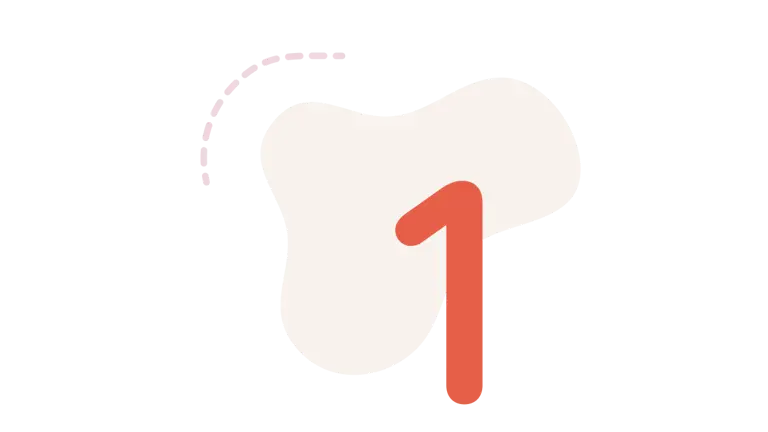
Is this right for us?
Creating a family with the help of donor sperm is a big decision, and finding inspiration in the stories of other couples can help you decide what the right journey is for you.

How do you prepare emotionally for sperm donation?
Emotional preparation includes open communication between partners, setting realistic expectations, seeking support from professionals or support groups, and focusing on building your family. Acknowledging and sharing your feelings throughout the process can strengthen your relationship and provide a solid foundation for your future family.
How do you deal with social questions or comments about your decision to use a sperm donor?
Decide together what information you're comfortable sharing and prepare responses that reflect your values and the love that led you to this decision. Remember that you are under no obligation to share more than you want to. However, we recommend being as open as you feel comfortable with to help normalise your family.
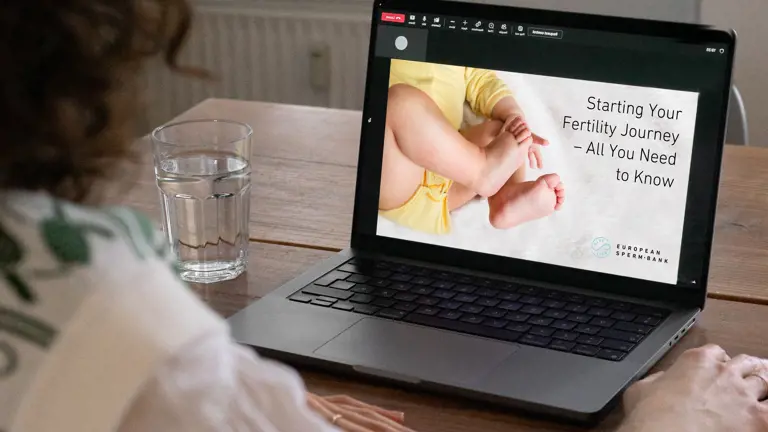
Join our free webinar: A safe and caring way to start your journey
A webinar provides a clear overview of what you need to know in preparation for your fertility journey, regardless of where you are in the process.
Our seasoned advisors cover everything from choosing a sperm donor to coping emotionally in a safe and caring environment. A webinar is free, and you can ask questions along the way.
There is the genetic father, and then there is the father who is responsible for caring for the child. You are much more of a father if you are the one who is there every day.
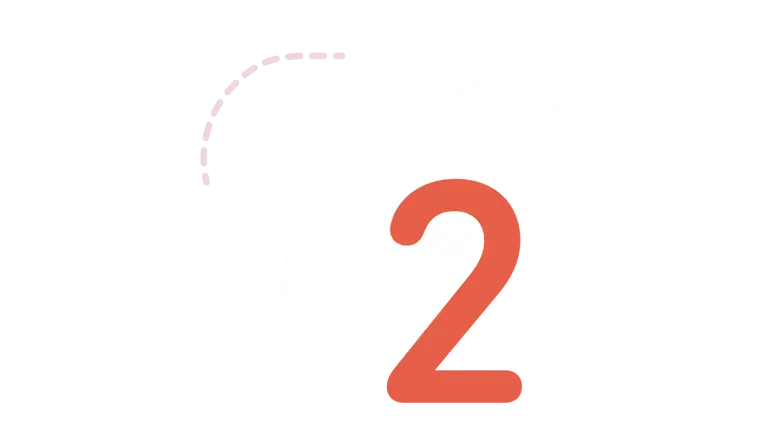
Choose the right donor
Starting a family through sperm donation is a significant step, and finding the right donor is crucial. Exploring potential donor matches early on, even before finalising your treatment plan, can make the process feel more concrete and exciting and ensure you're both on the same page as you embark on this journey together.
How do you choose the right donor?
Our donor profiles contain a lot of information, from the donor’s appearance, personality, education, baby photos and much more. We recommend that you decide on 2-3 characteristics that matter the most to you to ease your choice.
Why is donor screening so important to us?
The screening process is designed to ensure the health and safety of you and your family and ensure the best possible conditions for you to start your family. All donor candidates go through an extensive screening process and only 5-7% of applicants are approved to become donors.
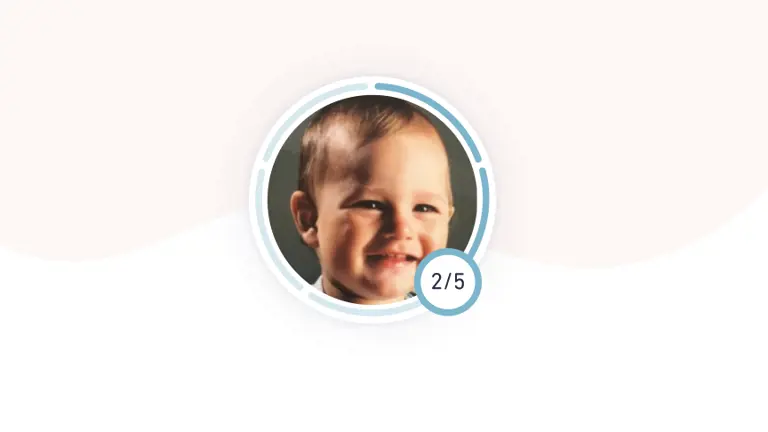
Finding a donor that looks like you
Many couples have considered the appearance of the child when using a sperm donor. For some, it is important that the sperm donor looks like one of the parents. When you create a free account with European Sperm Bank, you can get an idea of what the donor looks like. In addition to descriptions of the donor's physical characteristics, you can also use Photo Match. This can make the process of choosing a donor easier.
Photo Match is a free tool that compares your facial features and finds similarities with images of our donors. These images are of the donors as adults and are not available to the public.
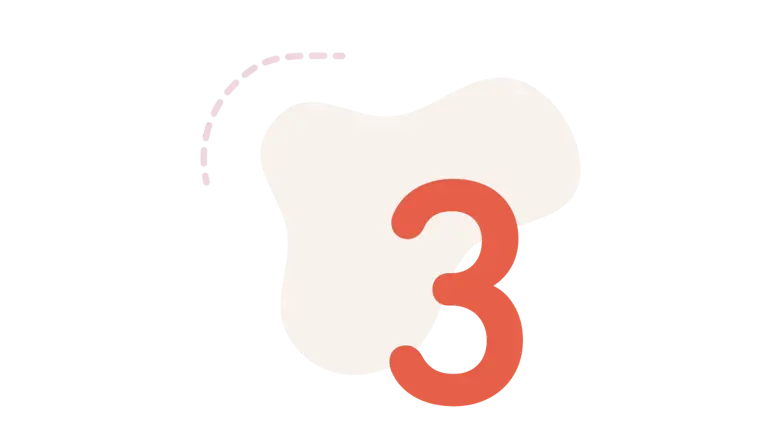
Find a clinic
The next step is to book a free consultation to find the right clinic for you, depending on your preferences and situation.
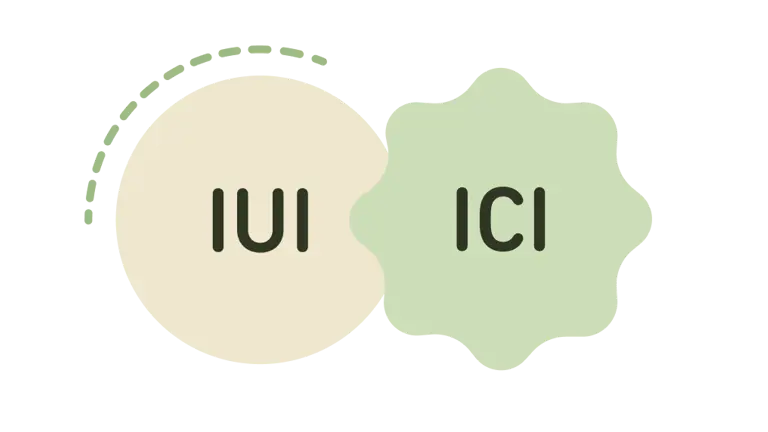
Which type of fertility treatment is right for you?
Part of the process of using a sperm donor is finding what type of treatment you should undergo. The two main methods are intrauterine insemination (IUI) and in vitro fertilisation (IVF). Each has pros and cons, and your doctor will determine which treatment you need based on your fertility assessment.
Intrauterine insemination (IUI)
IUI is a procedure in which sperm are placed directly into the uterus around the time of ovulation, increasing the chance of fertilisation by bringing the sperm closer to the egg. It's less invasive and simpler than IVF, making it a first-line treatment for many couples.
Pros & cons
Pros
- Less invasive: IUI is a less invasive procedure than IVF and is associated with a minimum of discomfort.
- Lower cost: The cost of IUI is significantly lower than IVF. This makes it a more accessible option for many couples.
- Shorter time: The IUI process is quicker. It often requires only a short period of hormone treatment, followed by the actual insemination process.
Cons
- Lower success rates: IUI generally has a lower success rate than IVF. This is especially true if the woman has fertility issues.
- Multiple pregnancies: There's a slightly increased chance of multiple pregnancies because more than one egg may be fertilised.
- Limited control over the fertilisation process: Because IUI relies on the natural journey of the sperm to the egg, there is less control over the fertilisation process.
In vitro fertilisation (IVF)
In IVF, eggs are retrieved and fertilised with sperm in a laboratory. The embryos are then transferred into the womb. IVF is a more complex process and involves more steps than IUI, but it offers a higher rate of success for many with fertility issues.
Pros & cons
Pros
- Higher success rates: IVF tends to have higher success rates. This is especially true for couples with certain types of infertility.
- Control over multiple pregnancies: The risk of multiple pregnancies can be reduced by controlling the number of embryos transferred.
Cons
- More invasive: IVF is a slightly more invasive procedure, as a thin needle will retrieve eggs from the ovaries. However, you will be offered mild sedation to minimise discomfort.
- More expensive: The cost of IVF is higher than IUI. This is due to the complexity of the procedure and the technology used.
- Physically and emotionally demanding: The IVF process can be more emotionally and physically demanding, as it often involves more medication and more procedures and takes a longer time to complete from start to finish.
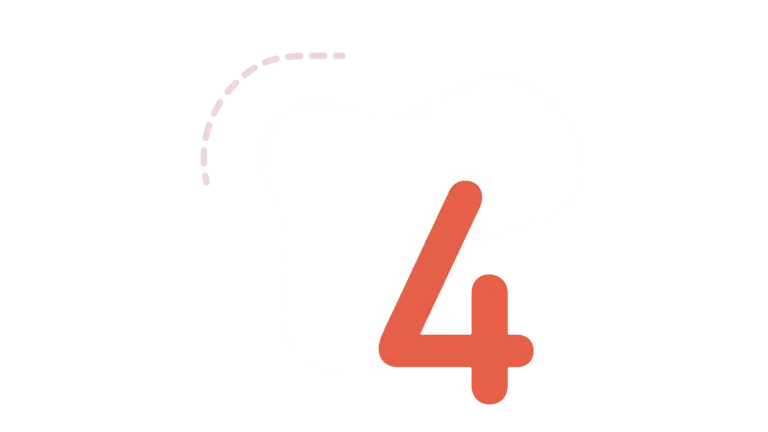
Planning life as a new family
Making a family with the help of a sperm donor is so much more than practical steps. We’re committed to helping you navigate your legal situation, to build a strong support network for assistance throughout your journey, and to support you after having your child and becoming a donor-conceived family.

How do you communicate about sperm donation as a couple?
Choosing to use a sperm donor calls for open dialogue and respect for each other's feelings and views. There may also be questions from the outside world that can spark conversations about sperm donation. Here are a few tips for fostering constructive discussions and addressing sensitive issues together.
Create a supportive environment: Begin the conversation in a private, comfortable setting where both partners feel safe to express their thoughts and feelings without judgement.
Educate yourselves: Research the process of sperm donation together, including the medical procedures, legal aspects and emotional considerations.
Express your feelings openly: Encourage each other to share personal fears, hopes and concerns about using a sperm donor. Acknowledge that it's normal to have mixed feelings and that support from each other is crucial.
Learn to accept your differences: Accept that you might not process the journey at the same pace. Maybe it takes longer for one of you to make peace with needing a sperm donor, and that’s OK.
Make sure you make the right decision: Be sure that you both are fully onboard with the decision. Seek professional help from a therapist to work through difficult emotions.
Affirm the role of love and commitment: Affirm that being a 'real' parent is about the love, care and commitment one brings to a child's life. Read Kristoffer's heartfelt journey to redefine fatherhood.
Build a support network: Surround yourself with friends, family and communities who respect and support your journey. Connecting with other families who have gone through sperm donation can also provide comfort.
Communicate with your child: Prepare for future conversations with your child about their origins. Open, age-appropriate communication can strengthen your family bond. Read the guide on how to tell your child that he or she was conceived with the help of a donor.

We can help you understand the legal landscape of sperm donation
Donor rights: When you use a sperm donor to create a family, there may be questions about your rights and the role of the donor. The aspiring father in the relationship will be the legal father of the child, and the donor has no rights nor obligations to the child.
Think ahead about donor identity: There are two types of donors, ID release and No ID release. With an ID release donor, your child has the possibility to learn the identity of the donor, when it reaches legal age. Please note that most countries only allow one type of donor, and some allow both, in which case it's up to you to decide what is right for your child and family.
How to continue your journey
Starting a family through sperm donation opens a world of possibilities. Here's how you can take the next steps towards making your parenting dreams a reality.
Join our free webinars
We provide seasoned guidance on fertility treatments, donor selection, and legal considerations in a safe and caring environment.
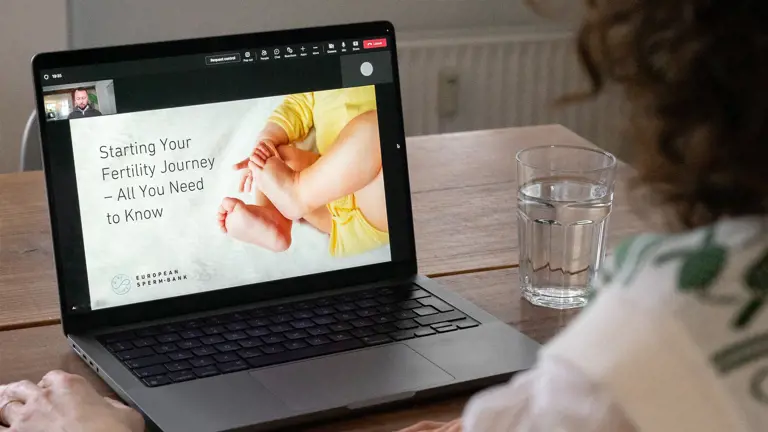
Get full access to donor profiles
When you create a free account, you'll gain access to our donor profiles, with detailed information such as physical characteristics, personality traits, and educational background.
